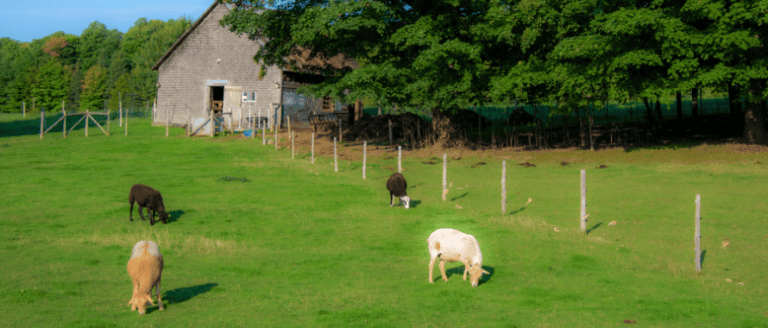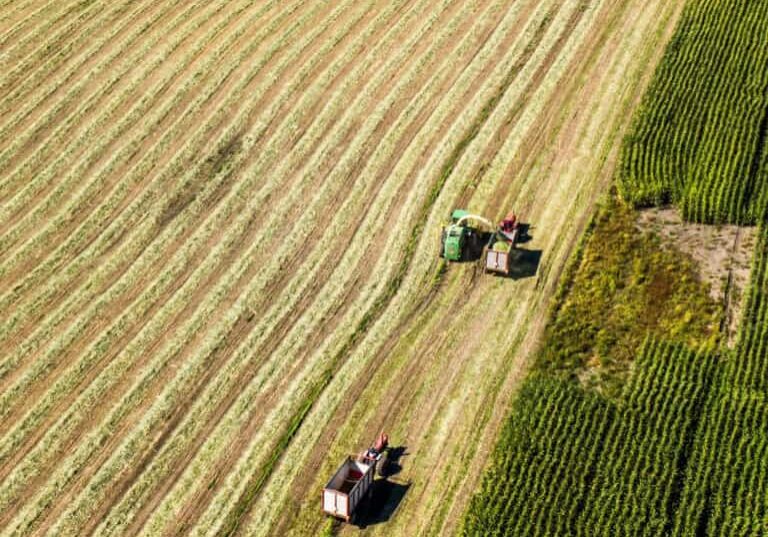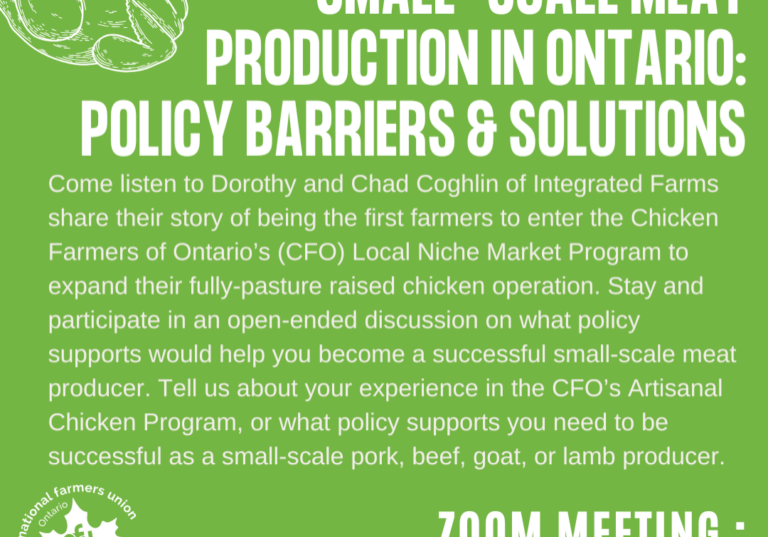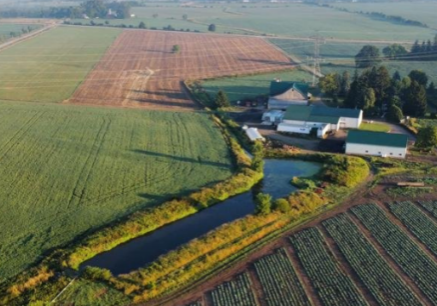The future of Business Risk Management Programs: Agri-Resilience

National Farmers Union – Ontario Newsletter
The Rural Voice | August 2019
Canadian farmers are feeling vulnerable to the increasingly unpredictable and extreme weather, and current business risk management (BRM) programs are not robust enough to provide the protection that is needed. The following are two areas that the NFU-O would like to see BRM programs be expanded to include.
We Need an Agri-Resilience Program
This year’s chaotic spring weather has farmers on edge about this year’s crop yields and planning for next spring. Farmers who use AgriInsurance will never qualify for AgriStability unless they are unable to plant anything. Farmers are also concerned about whether there are enough funds in crop insurance to pay out the claims for this year. As the weather becomes more chaotic, farmers need a BRM program that supports their efforts to mitigate climate change on their farms.
Creating a fully-funded AgriResilience BRM program would increase farm diversity through extended crop rotations, planned grazing of livestock, reduced inputs, soil-building, wetland conservation, and on-farm processing. Its climate adaptation benefits will stabilize farm incomes and reduce insurance payouts, as well as provide incentives and support for land stewardship practices which build soil carbon and on-farm biodiversity that maintain the land’ s productivity for the term.
Small Holders and BRM Programs
Many small holders, small scale farms that are often diverse and direct-market their products, are at a loss with programs such as production insurance or AgriInvest. In a 2016 NFU-O survey, over 63 per cent of respondents did at least some direct to consumer sales, but only 26 per cent had participated in a risk management program. Members noted, “Many of these programs are aimed at large farms and small are disadvantaged” and “None of them applied to my small sized market garden.” The current BRM programs don’ t address the reality of farmers’ markets or CSA sales methods and the risks these producers can face.
Yet, research from other regions suggests that direct marketers could be substantial contributors to rural economies and that money spent at local farms circulates better in the rural economy. The National Farmers’ Market Impact Study 2009 Report by Farmers Market Canada found that “total farmers’ market direct sales across Canada in 2008 are estimated to be approximately $1.03 billion” and that “the combined national economic impact of farmers’ markets in Canada is estimated in a range between $1.55 billion and $3.09 billion.”
Given the significant economic contribution that small scale, direct market producers provide, the NFU-O would like to see these BRM programs address the needs of small- scale producers who market their products directly to consumers.
Thoughts?
We want to hear from you. Are you a direct marketer who is interested in developing a business risk management model that would work for you? What type of funding would best support you under AgriResilience? Please email office@nfuontario.ca or call 1-888- 832-9638 with your suggestions.
Click here to view the PDF version.
A subscription to The Rural Voice is one of the benefits of being an NFU-O member








